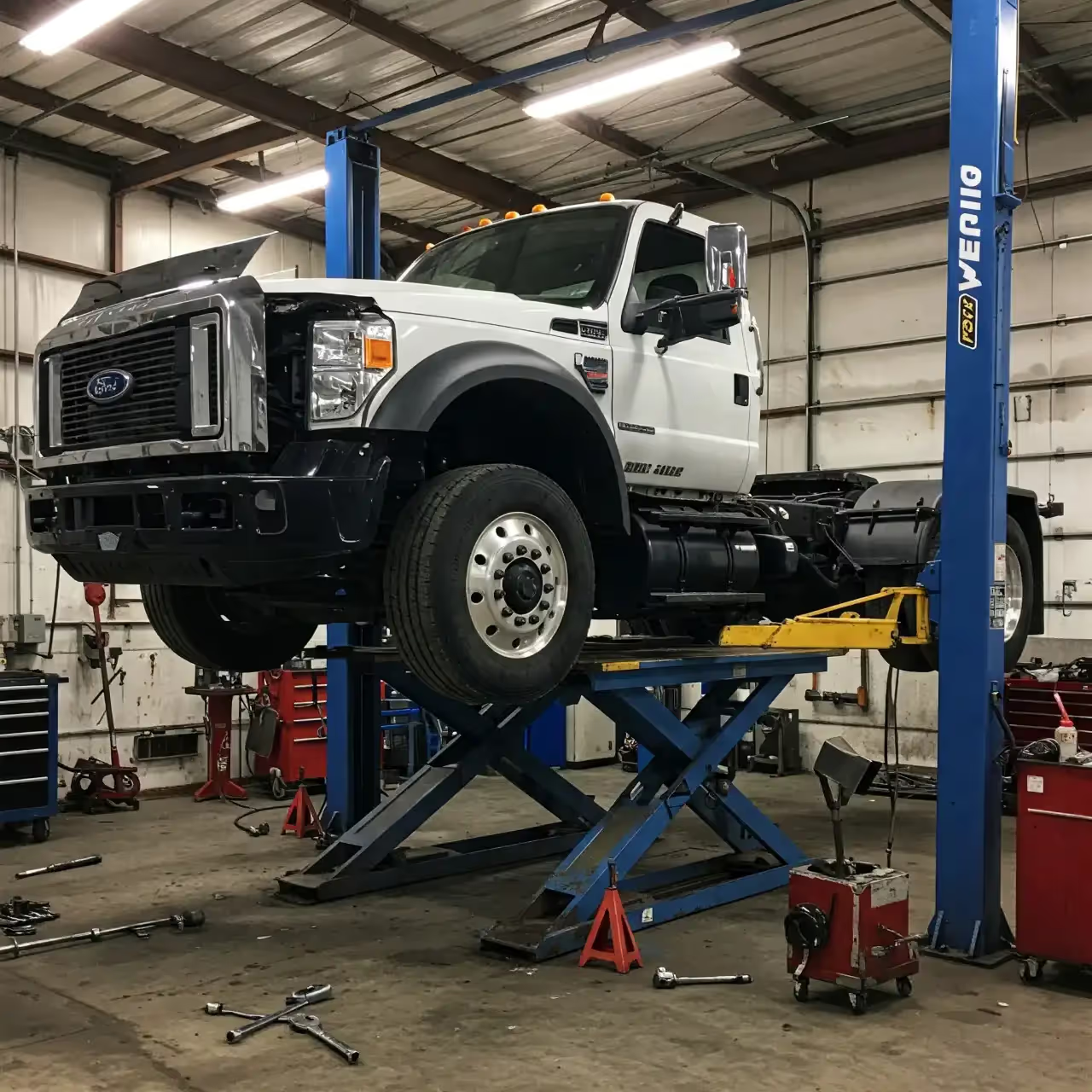Adrenaline Diesel Blog
Gas to Diesel: Is Converting Your Engine Worth It?


Considering replacing your gas engine with a diesel? You're not the only one. In Edmonton, AB, where rugged trucks dominate the roads and harsh winters test vehicles, numerous drivers are turning to diesel power as the best upgrade. Diesel engines offer a powerful combination of substantial torque, long-distance endurance, and improved fuel efficiency. However, don’t be fooled—this isn’t a simple engine swap. It represents a serious mechanical investment.
So, is it worth rolling up your sleeves— and your budget? Let’s throw this thing up on the metaphorical lift and find out.
First, let's get this straight—diesel engines aren't just "gas engines but tougher." They’re designed differently from the ground up.
But don’t go thinking it’s all sunshine and no storm clouds. Diesel swaps entail significant costs, technical challenges, and potential legal complications, particularly if issues with emissions compliance arise.
If you’re thinking you can just "plug and play" a diesel into a gas truck—whoa, pump the brakes. It’s a whole mechanical ballet, with a lot of moving parts (literally and figuratively).
Diesel engines are heavier, sometimes by as much as 500 pounds. Custom engine mounts are typically required, and your truck’s frame may need to be reinforced to accommodate the extra weight. Welding and fabrication work aren’t optional here—they’re mandatory.
Gasoline transmissions aren't built to handle diesel torque. You’ll likely need a heavy-duty transmission like an Allison, a 47RH, or even a ZF-6, depending on your application. And that’s not all—don’t forget about the clutch, flywheel, bellhousing adapters, and potentially modifying driveshaft lengths and angles.
Swapping from gas to diesel isn't just about the motor—it's a complete fuel system transformation:
Diesel demands cleaner fuel than gas engines, or you’ll be hunting down clogs and injector failures quicker than you can say "tow bill."
Diesels run hotter under heavy load. Your existing radiator and cooling system likely won’t cut it. Plan for:
If you skimp here, you’ll be watching your temp gauge redline before you even leave the driveway.
Modern diesels are equipped with after-treatment systems like DPFs (Diesel Particulate Filters) and SCR (Selective Catalytic Reduction) units. Skipping or tampering with these can land you in hot water with emissions regulations, not to mention those juicy fines.
Planning an older mechanical diesel swap (like a 12-valve Cummins)? Lucky you—less complexity. But newer diesel engines will require more exhaust system upgrades.
Man, oh man, talk about things adding up fast. Beyond the major mechanical systems, hidden costs can sneak up and bite you.
If you thought the price tag stopped at buying an engine, think again. The average swap can easily balloon between $10,000 and $25,000, depending on parts and labour.
Here's the straight goods—diesel swaps make sense under the right circumstances:
When is it a bad idea?
If you're just chasing better mileage or a little extra towing power, it's almost always cheaper and smarter to sell your gas truck and buy a diesel model outright.
Want to avoid turning your dream project into a nightmare? Here’s some practical advice:
Converting from gas to diesel is no small potatoes—it’s a significant, sometimes monstrous, mechanical endeavour. Done right, you'll end up with a powerhouse that's ready for anything Alberta roads can throw at it—done wrong? You'll end up with an expensive driveway ornament.
So, is it worth it? If you’re ready to pony up the cash, invest the time, and tackle the technical hurdles with gusto, the answer might just be a roaring, turbocharged YES.
Do you have questions about your diesel swap project? Contact Adrenaline Diesel—we live for helping builders and dreamers make their mechanical visions a reality
Give us call or fill out our service request form to schedule your vehicle in for service at Adrenaline Diesel.

Adrenaline Diesel has extended service hours to ensure you get the best appointment time possible.

Sourcing parts for complex jobs is our specialty. We always aim for the fastest turnaround possible.